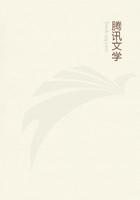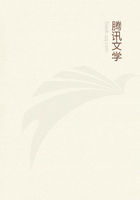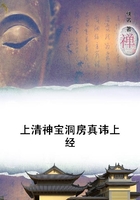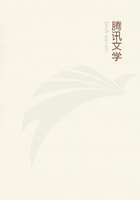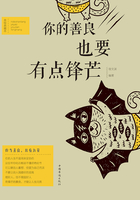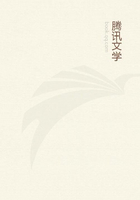But how do we pass from a perception of the propriety of these good qualities to a perception of their virtue, for propriety and virtue mean different things? The answer is, that propriety of sentiment which, when displayed in the usual degree, meets with our approbation merely, calls for our admiration and becomes virtuous when it surprises us by an unusual manifestation of it. Admiration is "approbation, heightened by wonder and surprise." "Virtue is excellence, something uncommonly great and beautiful, which rises far above what is vulgar and ordinary." There is no virtue in the ordinary display of the moral qualities, just as in the ordinary degree of the intellectual qualities there are no abilities.
For sensibility to be accounted humanity it must exceed what is possessed by the "rude vulgar of mankind;" and, in like manner, for self-command to amount to the virtue of fortitude, it must be much more than the weakest of mortals is capable of exerting.
There are, in fact, two different standards by which we often measure the degree of praise or blame due to any action, one consisting in the idea of complete propriety or perfection, in comparison with which all human action must ever appear blameable, and the other consisting in that approach to such perfection of which the majority of men are capable. Just in the same way as a work of art may appear very beautiful when judged by the standard of ordinary perfection, and appear full of faults when judged by the standard of absolute perfection, so a moral action or sentiment may frequently deserve applause that falls short of an ideal virtue.
It having thus been shown that the propriety of any sentiment lies in a meeting-point between two different sympathies, or in a sort of compromise between two different aspects of' the same passion, it is evident that such propriety must lie in a certain mediocrity or mean state between two extremes, or in just that amount of passion into which an impartial spectator can enter. That grief or resentment, for example, is proper which errs neither on the side of excess or of defect, which is neither too much nor too little. The impartial spectator, being unable either to enter into an excess of resentment or to sympathize with its deficiency, blames the one extreme by calling it" fury," and the other by calling it "want of spirit."On this point it is noticeable that Adam Smith's theory of Propriety agrees, as he says him self, "pretty exactly" with Aristotle's definition of Virtue, as consisting in a mean or between two extremes of excess or defect. For in- stance, courage, according to Aristotle, lies in the mean state between the opposite vices of cowardice and rashness. Frugality is a similar avoidance of both avarice and prodigality, and magnanimity consists in avoiding the extremes of either arrogance or pusillanimity. And as also coincident in every respect with his own theory of Propriety, Adam Smith claims Plato's account of virtue given in the Republic, where it is shown to consist in that state of mind in which every faculty confines itself to its proper sphere without encroaching on that of any other, and performs its proper office with exactly that degree of strength which by nature belongs to it.
But it is obvious that the mean state or point of propriety must be different in different passions, lying nearer to the excess in some and nearer to the defect in others. And it will be found that the decency or indecency of giving expression to our passions varies exactly in proportion to the general disposition of mankind to sympathize with them.
To illustrate the application of this principle, Adam Smith divides all human passions into five different classes. These are the Passions which take their origin from the body, those which take their origin from a particular turn of the imagination, the unsocial Passions, the social Passions, and the selfish Passions. And whatever doubts may be felt as to the truth of Adam Smith's general theory of the origin of moral approbation, there is no doubt of the interest which attaches to his account of the influence of our sympathies in conditioning the nature of our moral sentiments.
1. To begin with the passions which have their origin from the body . The bodily passions, such as hunger and thirst, being purely personal, fail to excite any general sympathy, and in proportion to the impossibility of such sympathy is the impropriety or indecency of any strong expression of them. The real origin of our dislike to such passions when we witness them in others, the real reason why any strong expressions of them are so disagreeable, is not the fact that such passions are those which we share in common with the brutes (for we also share with them natural affection and gratitude), but simply the fact that we cannot enter into them, that they are insufficient to command our sympathies.

